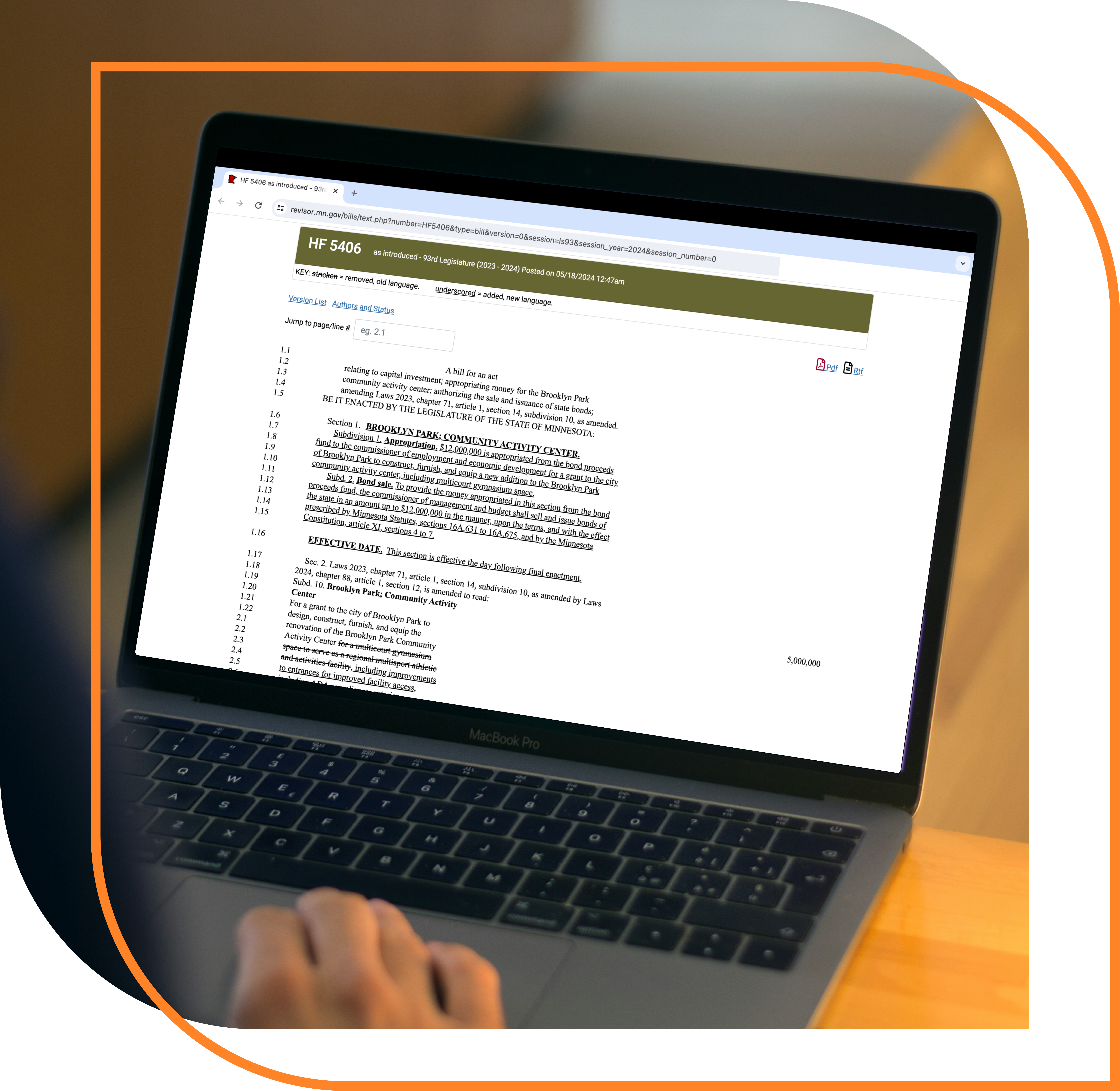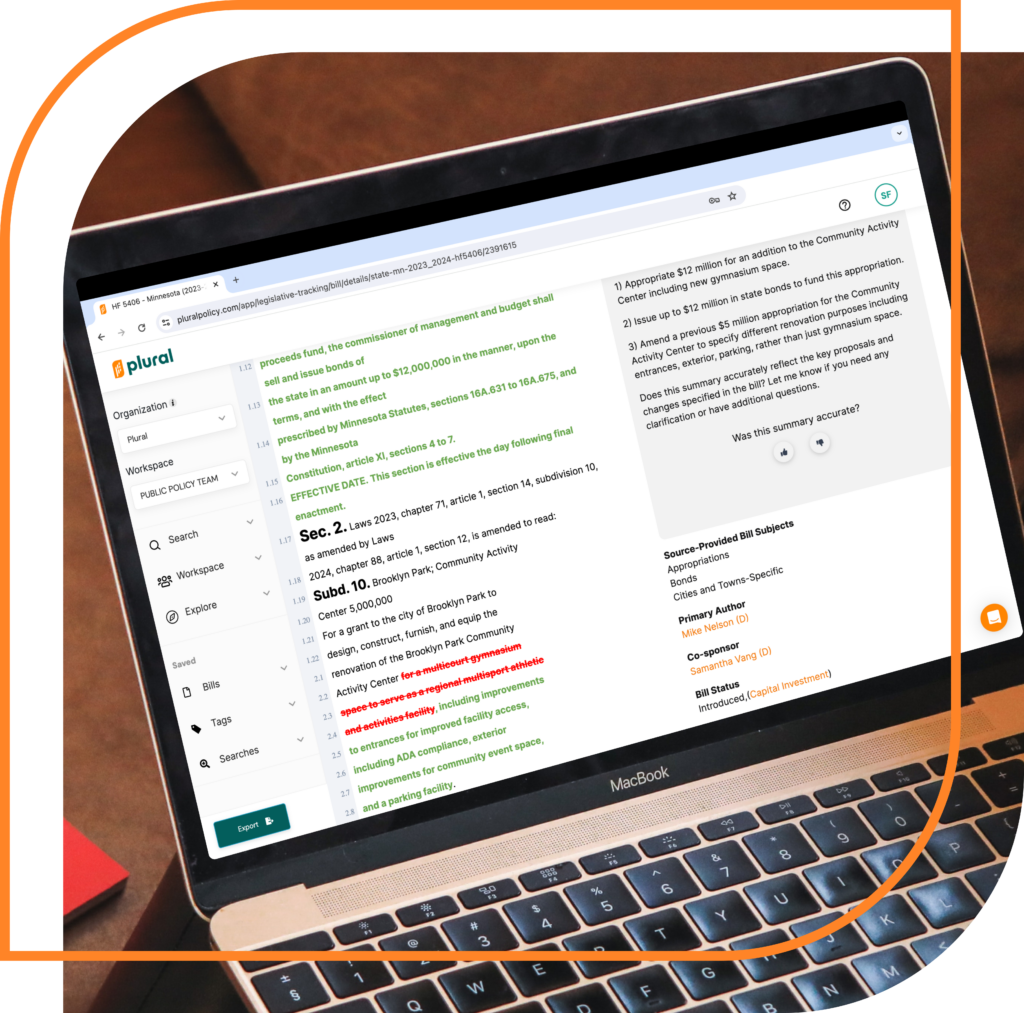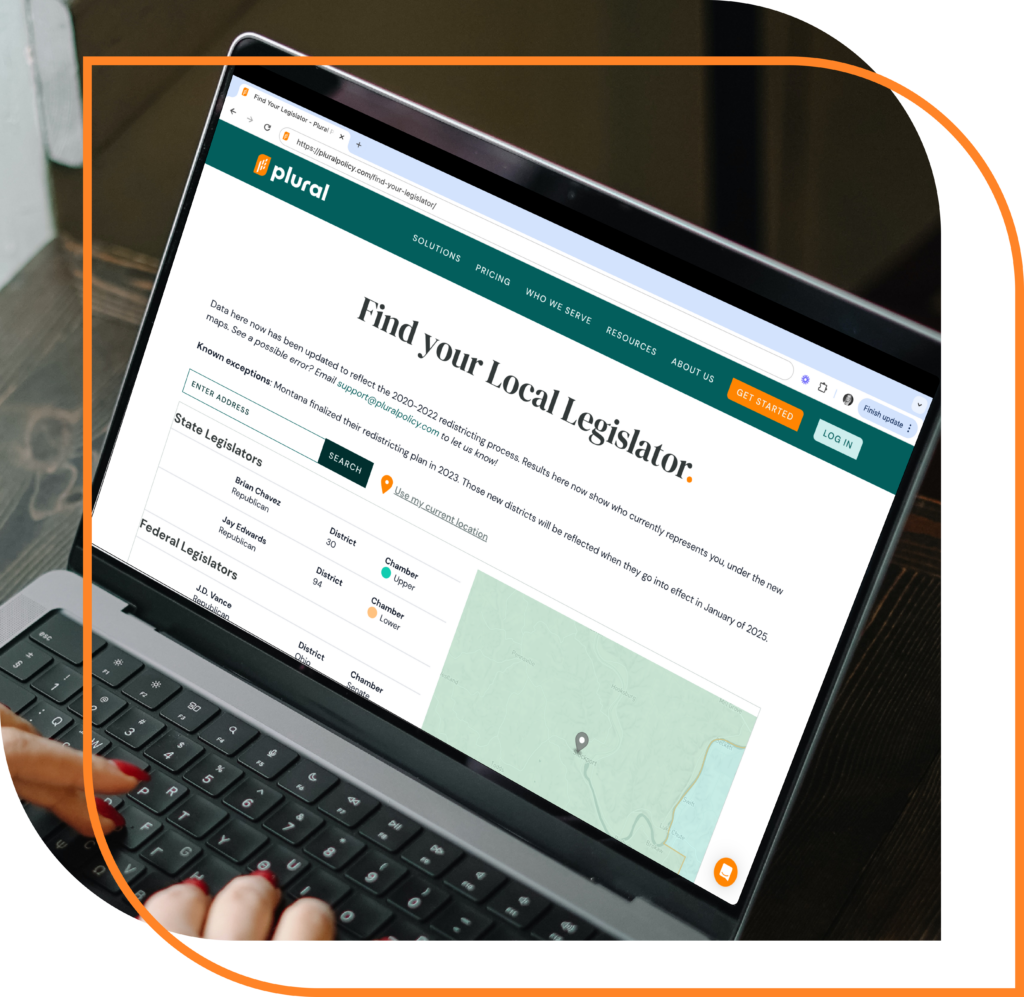From the early days of the internet, optimists argued it could be a singular force for democratization. The internet’s growth and advancement over the past two decades has indeed increased access to information. One can now easily translate texts from other language, hear and share the viewpoints of activists around the world, and access balanced historical perspectives.
But, in many ways, it doesn’t feel as though technology has made the systems and operations of our government more accessible. Expanding access to information is an important step towards transparency. However, it does little to bring citizens into the government processes that can determine their fundamental rights. The Supreme Court, for example, only made live audio of oral arguments available to the public during the COVID pandemic. Those who tune into a Supreme Court oral argument may find themselves justifiably intimidated and confused by the complex jargon and procedure that embodies much of the court’s work.
The most impactful technologies don’t just present data — they make it accessible and actionable. Google Maps, for example, doesn’t just show me a map. It also takes the preparation out of a road trip by suggesting a route that will suit my needs. Part of the mass appeal of ChatGPT and Bard is the accessible manner in which they present their answers.
So it seems natural that technology should play a role in broadening access to the public policy information that shapes our daily lives. But developing, distributing, and accessing this technology hasn’t been straightforward. Solving for this gap is a major aspect of Plural’s mission. Since 2009, Plural and OpenStates have built open democracy tools and provided access to public policy data. We’re proud to support advocacy organizations, journalists, researchers, and many others.
In that time, we’ve learned a lot about the challenge of building accessible public policy technology. In this blog, I summarize a few of the key challenges in building software to analyze public policy data. I also provide some examples of how our tools have met those challenges.
High Stakes for Data Quality and Accuracy
One challenge in gathering and presenting public policy data for public consumption lies in the value of that data. It can be highly-impactful, sometimes controversial information. Whether an amendment to the state budget or a vote on a key bill, it’s crucial that the data we present is accurate and complete.
The public hearing data we provide, for example, provides citizens with a unique opportunity to impact the democratic process. Just one missed hearing could have a massive impact on an individual’s interaction with their government. This is true for most individuals accessing public policy technology — whether for their job or their own advocacy.
It’s for these reasons that we gather our data from primary sources, typically legislative bodies themselves. Relying on secondary sources like news reporting would introduce the opportunity for bias. Consolidating information from primary data sources and presenting it in an accessible, intuitive format is essential.
Our commitment to data quality and accuracy benefits the AI models we use to provide policy insights. Because we provide a wealth of highly organized public policy data, we are able to confidently leverage AI to summarize legislation, identify bill topics, and assess the salience of a bill.
Countless Primary Sources of Public Policy Data
There’s a wide range of primary data sources. This vastness is another challenge of providing access to comprehensive public policy data. In the United States, processes that impact public policy happen most visibly at our legislatures. However, they also occur in agencies, executive offices, courthouses, and city halls.
The nature of policymaking is such that a debate over a local ordinance considered by your school board (of which there are more than 10,000) may be more impactful to your daily life than actions in Congress.
Those looking to build useful, accessible policy technology must strike a balance between comprehensiveness and their own capacity. Generally speaking, federal and state data is more readily available than local data. It’s much easier to incorporate into policy technology. However, we must also look at the value this data provides, roughly a delta between how easy it would be to access the information without the technology versus with. The value of state and federal data is smaller, compared to local data.
Timeliness
Public policy data is most valuable soon after it becomes available. Timeliness is crucial when it comes to public policy technology.
Many state legislatures are confined by strict deadlines. These restrict when they can introduce legislation, pass bills out of their committees and chambers, and wrap up work. It seems to be the nature of legislators to take full advantage of every last second before these deadlines. We often see rushes of activity right before they hit.
Anyone who has closely followed a few state legislative sessions will have experienced the long nights of work as session comes to an end. During this time, legislators are far more active than on typical session days. We see bills that have had no activity for months pass through both chambers in an hour. For those on the ground, it can be difficult to stay ahead of this activity. This dynamic presents a challenge to providers of public policy data as well.
Plural uses a combination of domain knowledge, technical expertise, and a robust arsenal of data scrapers to ensure we are constantly monitoring for new data and presenting it to our users in a timely fashion.
Legislative Documents Aren’t Designed for Readability

Even if we’ve surmounted the challenges raised above, challenges may persist. We often run into the same issue met by those tuning into live Supreme Court arguments — while the impact and importance of the information is clear, the exact meaning is not always apparent or easy to digest.
The technical nature of legislation is partially unavoidable given the context. Tax code is likely destined to be complex, no matter how you format it. However, the structure of legislation itself can make its proposed changes confusing for a layperson. In most states, most legislation presents existing statute text. It indicates proposed additive language, often by underlining, as well as proposed removed text, often struck through. A few states, including Massachusetts and Tennessee, as well as Congress, simply describe the proposed changes without providing the source statute text.
The bill shown on the left is proposing to modify the purpose of a grant for a community activity center to improve accommodations for those with disabilities. Someone familiar with legislative documents might gather this information quickly. However, it’s unreasonable to expect that the average person who wishes to engage with the legislative process might do the same.
Plural makes digesting this complex information easier. Our tool provides a more intuitive markup, clearly indicating proposed changes. Further, Plural also provides an AI-generated summary built using a model specifically designed for this type of text.
Plural’s Find Your Legislator Tool: Public Policy Technology Use Case
One of the most common needs of individuals looking to engage with the public policy process is to get in touch with their representative(s). But finding this information and acting on it can prove challenging.
Plural’s solution is our widely popular Find Your Legislator Tool. Using the Find Your Legislator Tool is simple. Users simply enter their address to quickly see their representatives at the state and federal levels. Users can also see a map of their districts.


But Plural goes beyond simply providing this information in an easy-to-access format. We also empower users with the information they need to make this data actionable. By clicking into a legislator’s page, users can see contact information for the selected representative. They’ll also see the bills that legislator has sponsored as well as their voting history.
Cleanly organized public policy data is at the heart of Plural’s offerings. We also leverage AI and intuitive design to ensure that the public policy process is approachable for everybody. But the process wasn’t simple, and we’ve met our fair share of challenges along the way. Our belief is that encountering these challenges, and overcoming them with our users, is valuable. It’s a key aspect of delivering on our mission to enable democratic engagement through technology.
Get Started With Plural
Plural helps professional public policy teams and concerned constituents alike get and stay ahead in the public policy landscape. With Plural, you’ll:
- Access superior public policy data
- Be the first to know about new bills and changes in bill status
- Streamline your day with seamless organization features
- Harness the power of time-saving AI tools to gain insights into individual bills and the entire legislative landscape
- Keep everyone on the same page with internal collaboration and external reporting all in one place
Interested in getting started? Create a free account or book a demo today!
More Resources for Public Policy Teams
Why Plural for Legislative Tracking Is Trusted by Government Relations Teams
It’s vital for anyone needing to stay informed about legislative developments; this article will explain why Plural is being used by organizations for legislative tracking and how to use it effectively.
Which State Legislatures Are Meeting In Special Sessions?
Special session (or sometimes an “extraordinary session”) refers to the meeting of a legislature outside of their regular meeting cadence or structure. There is variability in the rules and processes around special sessions, but they are a part of every state’s legislative process.
What the One Big Beautiful Bill Means for: Labor & Workforce
On July 4th, President Trump signed H.R. 1, the One Big Beautiful Bill Act, into law. The 330-page act contains provisions that will reshape nearly every sector of the American economy and society. The rushed passage and sweeping scope of H.R. 1 have left many wondering: What’s actually in the bill and how will it […]




